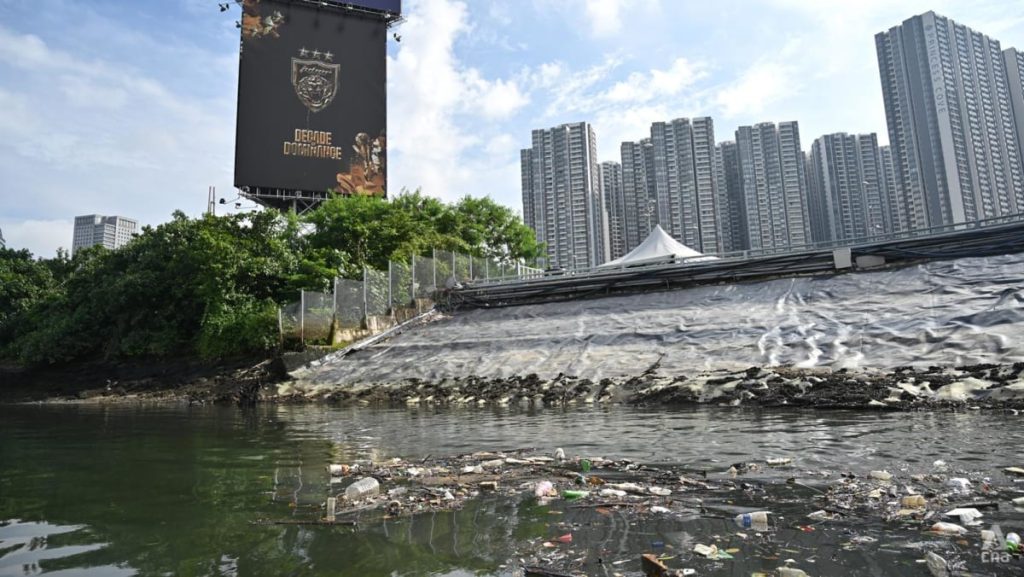Dr. Serina emphasized in an interview with CNA that the accumulation of pollutants and debris in the Johor Strait can have severe ecological, health, and economic consequences. She explained that when there is water flow, pollutants from both sides of the strait can move and disintegrate, reducing their impact. However, when these pollutants accumulate, problems are exacerbated as they cannot be easily flushed away. Aquaculture on both sides of the bridge is affected by the accumulation of pollutants, impacting the fish being bred and the quality of seafood.
The issue of polluted water in the Johor Strait is not new and has been a concern for years. Studies conducted by Universiti Teknologi Malaysia and Universiti Putra Malaysia in 2019 and 2013, respectively, revealed the presence of heavy metals and microplastics in samples of water from the strait. Pollution at the tributaries leading to the Johor Strait has also been a topic of discussion among authorities. In 2019, former Singapore Prime Minister Lee Hsien Loong raised concerns about pollution and the long-term sustainability of the Johor River, a major channel located near the Causeway. Under the 1962 Water Agreement between Singapore and Malaysia, Singapore has the right to purchase 250 million gallons of water per day from the Johor River at a set price.
In 2021, Sultan Ibrahim Iskandar of Johor criticized residents for disposing of their waste into the drainage network, including rivers and ditches that flow into the Tebrau Strait. This irresponsible waste disposal only adds to the pollution problem in the area. The consequences of such actions could be detrimental to the environment, aquatic life, and overall ecosystem in the Johor Strait. Efforts must be made by both governments and individuals to address and mitigate pollution in the strait to prevent further damage to the environment and economy.
It is crucial for both Malaysia and Singapore to work together to address the issue of pollution in the Johor Strait. Cooperation between the two countries is essential in implementing effective measures to reduce the accumulation of pollutants, protect aquaculture activities, and preserve the marine ecosystem in the strait. Awareness and education initiatives should also be introduced to educate the public about the detrimental effects of pollution and the importance of responsible waste disposal. By taking collective action, both governments can ensure the sustainability of the Johor Strait for future generations.
The impact of pollution in the Johor Strait extends beyond environmental concerns and also affects public health and the economy. The presence of heavy metals, microplastics, and other pollutants in the water can have adverse effects on human health, particularly for those who consume seafood from the strait. Additionally, the pollution of the strait can also have economic implications, as it may impact the aquaculture industry and the quality of seafood products. It is therefore imperative for authorities to address the issue promptly and effectively to safeguard the well-being of both the environment and the local communities that depend on the Johor Strait for livelihoods and sustenance.
In conclusion, the pollution of the Johor Strait poses a significant threat to the environment, public health, and the economy of the region. Both Malaysia and Singapore must work together to implement measures to reduce pollution in the strait and protect the marine ecosystem. By raising awareness, enforcing regulations, and promoting responsible waste management practices, the two countries can mitigate the effects of pollution and ensure the sustainability of the Johor Strait for future generations. The involvement and cooperation of all stakeholders, including governments, industries, and the public, are crucial in addressing this pressing issue and preserving the natural resources of the strait for the benefit of all.















